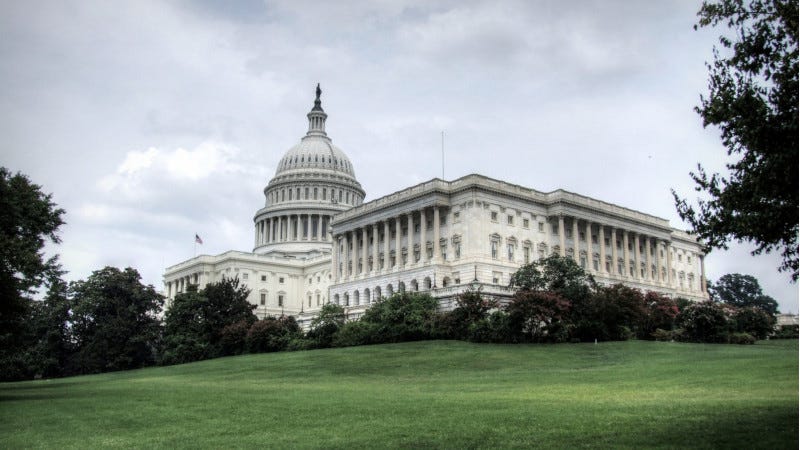Senate Bill Would Unleash American Satellite Industry
Bipartisan Legislation Would Give Regulatory Predictability to Satellite Industry
A bill introduced recently in the United States Senate by Senators Ted Cruz (R-TX) and Jacky Rosen (D-NV) aims to update the Federal Communications Commission’s (FCC) application process to remove regulatory barriers that could threaten investments in the United States commercial satellite industry.
"Sadly, innovative companies that seek to expand broadb…




